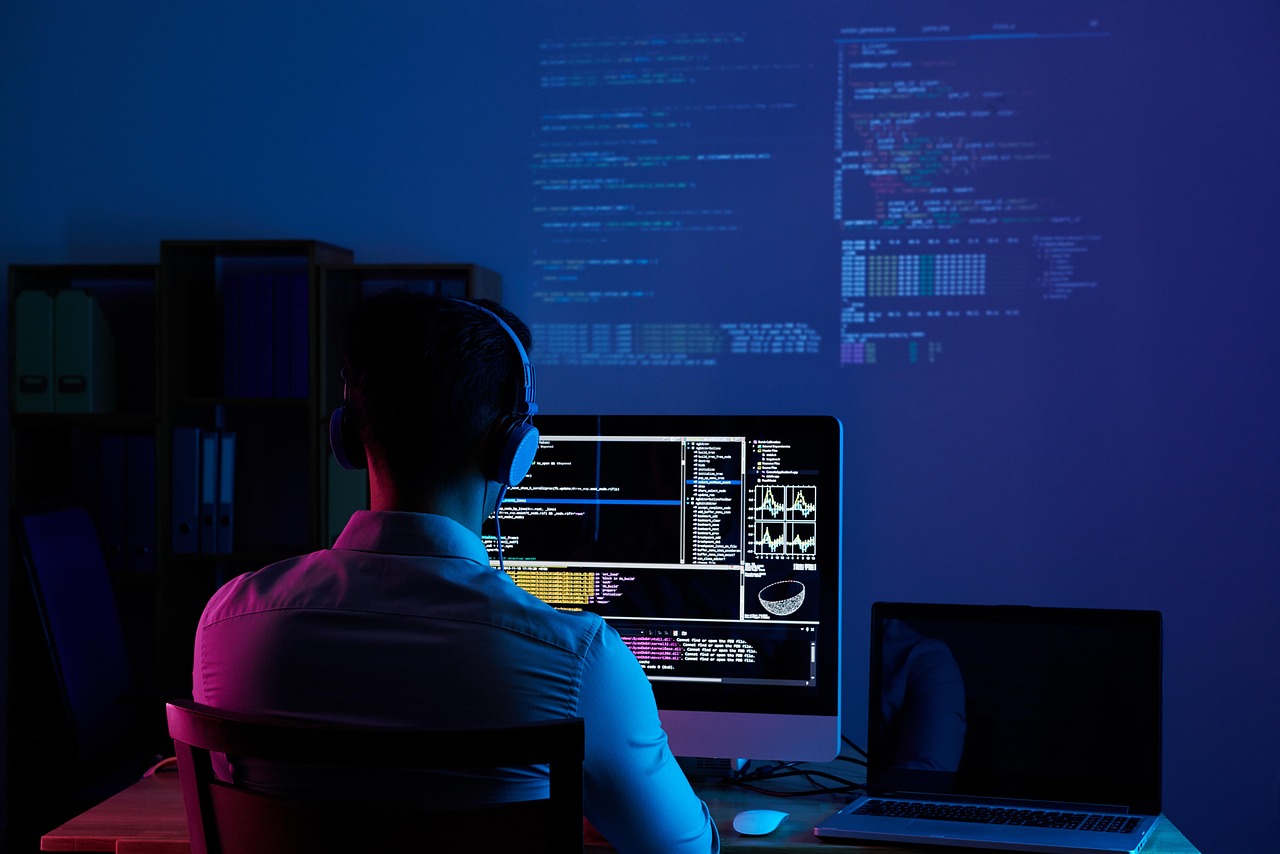When you wake up to the sound of your alarm, you grab your phone and within seconds you are greeted by AI: it suggests moving a meeting to a different time because of traffic from your calendar, it writes responses to the most important emails you have to send from your emails and your smart assistant is already looking at your to do list. Does that sound like science fiction? It’s not – this is already our reality.
AI is no longer a concept tied to distant science fiction. It’s part of our present reality. It is changing the way we work and communicate and create. From the basic tasks to the complete redefinition of certain occupations, AI is changing the face of future employment.
This article explores how AI is revolutionizing work and play in professional settings, the psychological and social implications of these changes, and how we can make sure that we evolve with the changes.
Understanding the Shift: AI at the Core of Workplace Evolution
A. Automation: It’s No Longer Just About Routine Work
For many years, automation was mainly linked to the manufacturing industry. But now, AI automates knowledge work – from finance and marketing, HR, to customer service. Many of the current AI tools are already assisting in work such as writing, data analysis, and generating intelligent recommendations, up to the level of decision making e.g. ChatGPT, Jasper, Grammarly.
Example: AI enables a marketing team to analyze data and generate content ideas that can help reduce the time to plan campaigns by 50 per cent, thus allowing professionals to concentrate on the strategy instead of the work.
B. Improving Decision Making Capability with Predictive AI.
AI doesn’t just act — it predicts. This makes it possible for AI systems to analyze a lot of data and identify patterns, trends and provide real time recommendations. Currently, AI assists doctors in diagnosing diseases in healthcare, and algorithms analyze markets to inform investment decisions in finance.
As stated in the study, the application of analytical and generative artificial intelligence can enhance the decision-making efficiency and performance in data-intensive industries (Source).
The Psychological Impact of AI in the Workplace
AI Anxiety: Fear of Replacement
A common concern: ” Can AI take my job?” The truth is more nuanced. Today, some jobs are being automated, but tomorrow, new jobs will be based on AI. There are new roles like AI trainers, prompt engineers and algorithmic ethicists emerging, jobs that didn’t exist just a few years ago.
Example: Instead of replacing writers, AI tools are helping writers to write more in a short time. Editors and content strategists are now responsible for refining and organising the content generated by AI.
The Reskilling Imperative
Adaptability is the new superpower. It means that employees need to learn to cooperate with AI, not oppose it. This means developing digital literacy, creativity, emotional intelligence, and critical thinking – the skills that machines cannot mimic (at least for now).
Research Insight: According to the World Economic Forum, by 2027, 44% of workers will need reskilling due to AI-related disruption.
The Benefits: How AI Enhances Human Potential

Productivity and Efficiency
AI helps teams become more efficient and productive without working harder, without having to put in more effort. Tools that provide scheduling, transcription, analysis and reporting means that time is freed up for more strategic thinking and collaboration.
Example: An executive assistant using AI scheduling software like x.ai or Motion can cut scheduling time by up to 80%.
Personalized Workflows
It is the AI that enables hyper personalized work environments. Recommendation engines, smart dashboards and task managers that use AI to do so, learn from the way each employee works to enhance efficiency.
Tip: Manage workflows, summarize meetings and develop generative project plans with the help of AI-based tools like Notion AI or ClickUp AI.
Redefining Roles and Skills in the New Age of AI.
Jobs AI Will Disrupt — and Create
AI will likely affect jobs that are:
- Repetitive
- Rule based
- Easily digitized
But it will also generate jobs that need:
- Human judgment
- Emotional intelligence
- Creative strategy
Example: Simple queries may be handled by chatbots, reducing the need for customer service reps, but roles in customer experience design and human escalation support will grow.
Hybrid Roles: The New Way of Working – With and For AI
The future is not a clash between humans and AI, but a combination of both. Just imagine a lawyer who can analyze and countercheck contracts within a minute, or a teacher who receives detailed learning analytics for every student in the class.
Quote: “AI won’t replace you. A person using AI will.” — a popular sentiment echoed in tech circles that emphasizes the concept of augmentation over replacement.
The Challenges Ahead: Ethical and Social Considerations
Data Privacy and Surveillance
AI is powered by data, but that creates problems: What happens to the data? How is it used? How can AI be used to spy on employees without infringing on ethical principles?
Case: Certain companies are tracking their employees’ screen time, keystrokes, and productivity scores with the help of AI, but this raises concerns about privacy and psychological safety.
Algorithmic Bias
AI is as unbiased as the data it is trained on. If taught on biased data, AI can perpetrate inequality in hiring, lending, or even policing.
Action Step: It is, therefore, necessary that companies should undertake a regular review of AI tools and that AI development should involve diverse teams to prevent bias.
How to Get Ready for the AI Based Work World
1. Get AI Literacy.
You don’t have to become a coder, but you should know how AI works so that you could be ready for the change. Learn the basics of machine learning, natural language processing, and algorithmic logic.
Non-tech professionals can learn about AI literacy from courses offered by platforms like Coursera, edX, and Udacity.
2. Focus on Human Skills
While AI analyzes the data, you are in charge of the meaning. Some of the skills that will remain in demand are empathy, creativity, adaptability, and problem solving skills.
Practice storytelling, critical thinking, and leadership — there is simply no way for an algorithm to replicate these skills authentically.
3. Stay Curious and Experiment
Use AI in your work. Experiment with tools, transform processes, and search for what is new. Resistance results in irrelevance; experimentation results in evolution.
Give it a go: Use tools like ChatGPT for brainstorming, GrammarlyGO for editing, or Descript for audio content.
Conclusion: Adapt or Be Automated?
In the workplace, the rise of AI isn’t something to fear, it’s something to prepare for. Just as electricity revolutionized industry, information is being revolutionized by AI. But while past machines challenged muscle, AI doesn’t replace — it challenges the mind.
Failure to adapt to the AI era will result in falling behind — professionally and competitively. But the key to success in the AI era isn’t to resist change, it’s to change along with it. With the right mindset and skill set, AI becomes less a threat and more a superpower.
Final Thought
AI isn’t here to take your job — it’s here to reshape how you work. It is here to change the nature of the work that you are supposed to do. The question is never going to be “Will AI take my job?” — it should be, “How can I leverage AI to be better at my job?”
Calculators did not kill math and AI is not going to kill work. But it will define who will run and who will be left behind. Stay informed, stay human, and stay ready.


